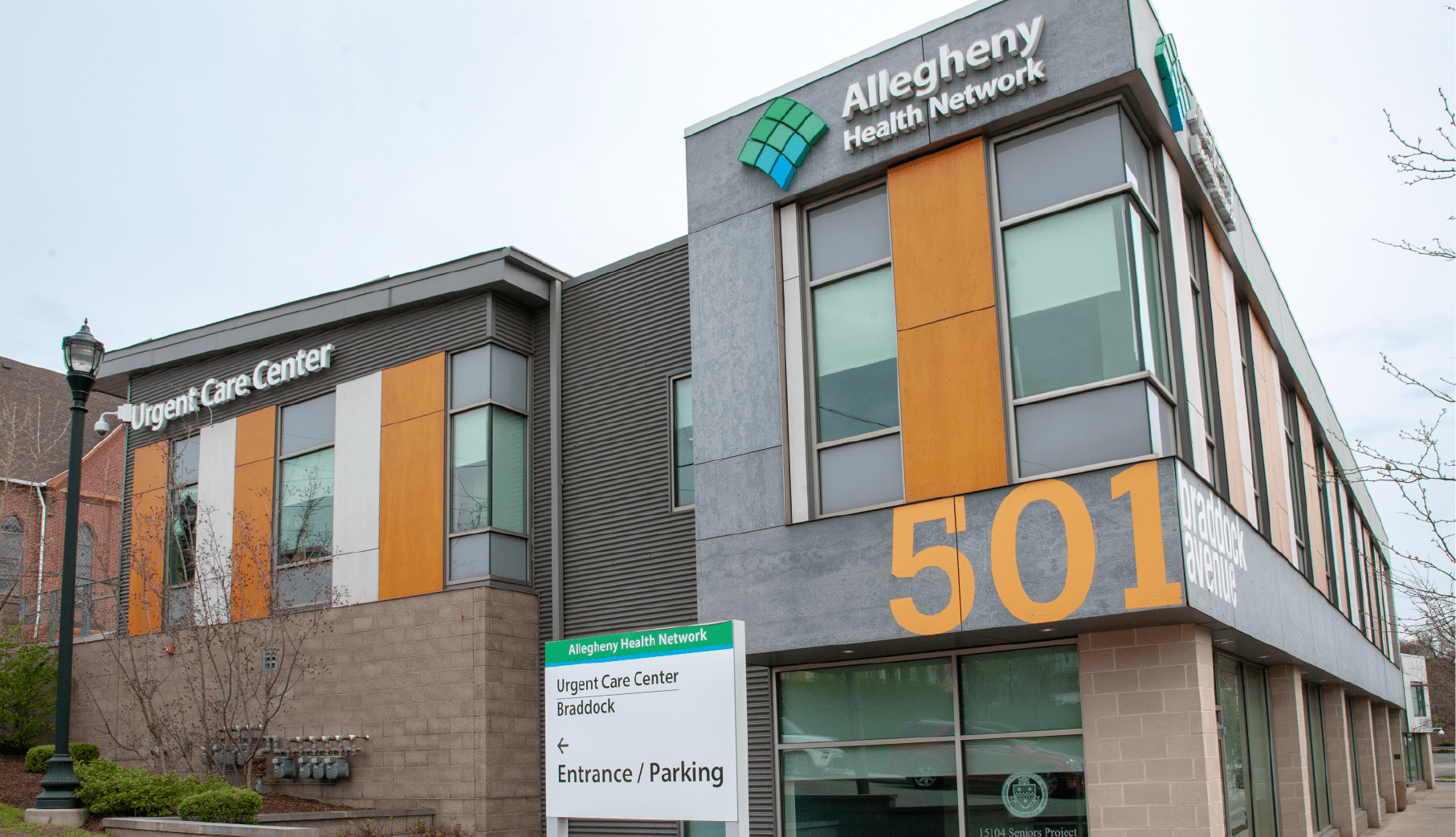PITTSBURGH — Four Carlow University nurse practitioner (NP) graduates will make history as the first NP residents in Pennsylvania with a sole focus on serving underserved populations.
“People benefit from having providers and services in their communities, especially when concerns regarding transportation, finances or other issues impede a person’s ability to access care,” said Mary Elizabeth Grimmett, a 2019 Carlow FNP graduate who is from Baden.
“Being able to provide access to health care services and patient education to these communities has the potential to not only benefit the individuals and their families, but the entire community. Helping these communities one person and one family at a time is a goal that we should all share.”
In addition to Grimmett, Kourtni Brooke, Megan Hensler, and Charlotte Wright will each serve a one-year residency beginning in July at the AHN Urgent Care Center in Braddock. The residency program, a partnership between Allegheny Health Network and Carlow University, is a four-year project funded by a $1.8 million grant from the U.S. Health Services and Services Administration. Each year, a new group of NP graduates will be selected for the residency.
“This initiative to create a residency for new family nurse practitioner graduates fits Carlow’s mission so well,” said Deborah Mitchum, DNP, ANP-BC. “During a one-year period, following graduation, the nurse practitioners will function in a supervised setting, full of practice and continuing education opportunities. They will gain skills and acquire new knowledge as advanced care providers, while managing acute and chronic conditions, promoting good health through education, and providing counseling services to many in the Braddock community.”
While the residency will focus on providing general health care and education, it will also give the nurse practitioners more experience with specialized care and treatment for patients in need of mental health or substance abuse care, something that appeals to Wright, a 2020 grad from Hempfield Township, who feels participating in the residency program will give their independent practices a boost when it is time for the nurse practitioners to go out on their own.
“I believe that a residency program provides credibility for the primary care provider so that she or he is fully prepared to practice independently,” she said. “My career – both professionally and my volunteer work locally and in Haiti – has been dedicated to working with the medically underserved, and I plan for that to continue when my residency is completed.”
Residents of Braddock face numerous health challenges including high rates of respiratory disorders, homes that are at risk for lead paint on the walls and lead in the drinking water, and high rates of disability in people under age 65.
“Having worked in underserved communities, I know it is important to provide the best care possible,” said Hensler, a 2020 graduate, from North Huntingdon. “People who need care may not be able to receive it due to lack of insurance coverage or lack of sufficient medical benefits. I look forward to learning how to properly approach these situations to provide excellent care and education that can help limit unnecessary costs.”
An estimated 32 percent of Braddock residents live in poverty, and about 13 percent have no health insurance, both well above state and local averages. AHN opened an urgent care center in Braddock in 2015, offering children and adults quick, convenient and expert care for minor ailments and injuries, as well as diagnostic capabilities such as X-ray imaging and blood work, and telehealth capabilities for more specialized needs.
“One thing that seems to be a common thread are those who do not have access to care, or a good understanding of their health, have a tendency to not be as healthy as their counterparts in more urban or affluent areas,” said Grimmett, who has worked as a nurse for 23 years, many times in underserved communities. “This disparity is one of the reasons that I chose to become an FNP. I want to have some way to help these communities.”
